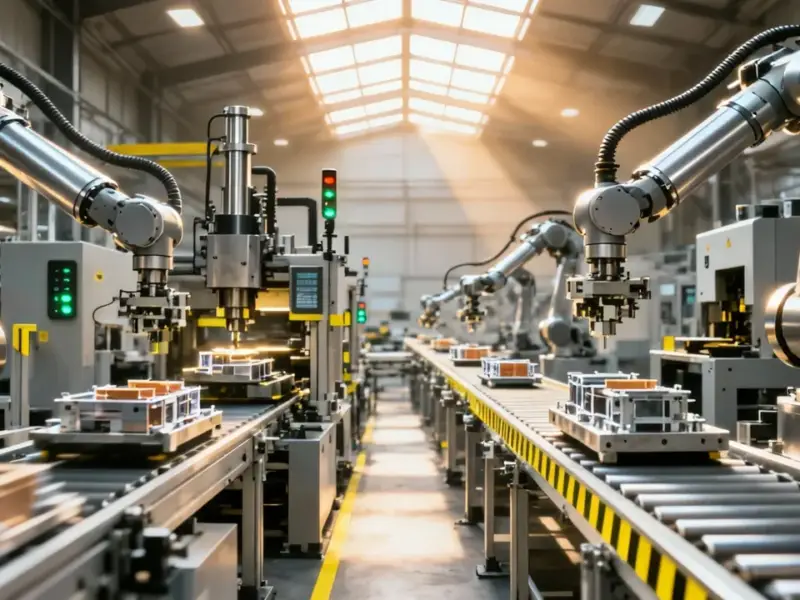Samsung’s Exynos 2600 specs leak, but the details are messy
The specs for Samsung’s upcoming 2nm Exynos 2600 chip have surfaced, pointing to a 10-core CPU and a new AMD GPU. However, tipsters are already disagreeing on the key details, casting doubt on the leak’s accuracy.









